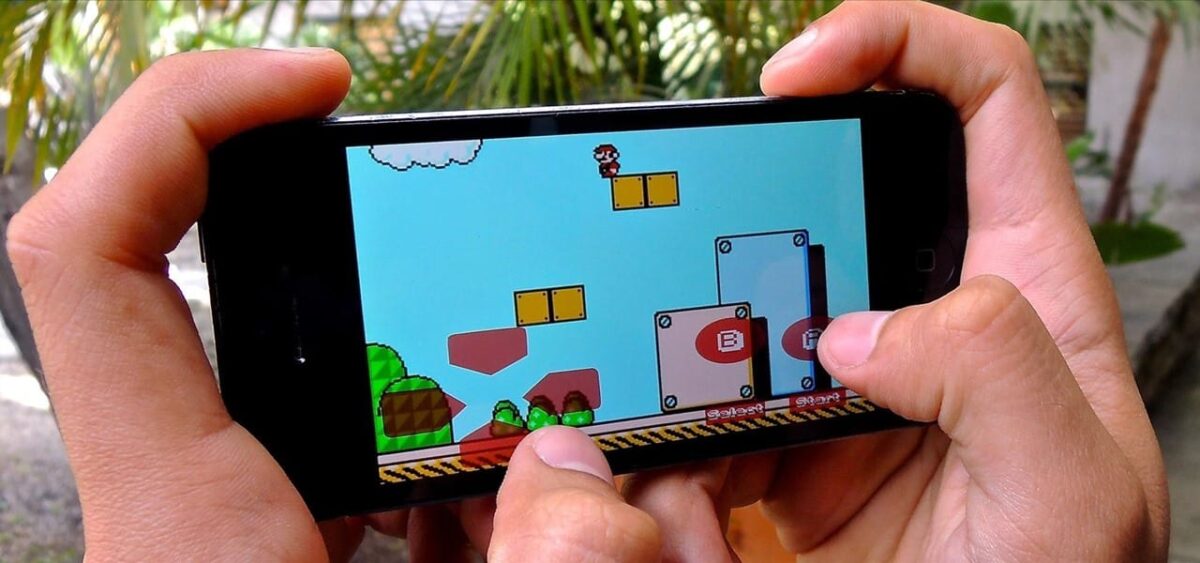There was briefly an NES emulator available on the App Store called Bimmy. It was quickly removed by the developer, likely due to concerns about copyright infringement.

News of Bimmy sent a wave of nostalgia crashing through the retro gaming community. The ability to play classic NES titles on iPhones and iPads was a dream come true for many. Bimmy, marketed as a tool for developers to test “homebrew” games, offered a glimpse into a world of portable retro bliss.

Within a day of its release, the app mysteriously disappeared from the App Store. Gamers were left bewildered, their dreams of mobile NES emulation dashed. The exact reason behind Bimmy’s removal remains shrouded in some mystery.
However, according to reports from The Verge, the developer of a retro gaming app called Tom Salvo decided to remove it from iOS due to fear of potential legal consequences. This has raised concerns among retro gaming enthusiasts who have enjoyed playing games of the past. The reason for Salvo’s fear is unclear, but it’s possible that it has to do with the legal issues surrounding the downloading of ROMs.
The world of NES emulation is fraught with copyright complexities. While Bimmy positioned itself for public domain or “homebrew” games, it could also facilitate playing copyrighted titles through ROMs. This raises questions about the legality of such downloads and the potential infringement concerns that might have spooked Salvo.
The removal of Bimmy doesn’t extinguish the flame of retro gaming on iOS devices entirely. There are still options for those seeking a dose of classic gaming experiences. Mobile ports and remakes of popular NES titles offer a legal and readily available alternative.
These officially licensed games often come with enhanced visuals, smoother gameplay, and additional features, providing a fresh take on beloved classics. Additionally, some third-party controllers boast built-in emulators that can connect to iPhones and iPads.
Bimmy’s story leaves us with a sense of cautious optimism. While its removal is a setback for those hoping for official NES emulation on iOS, it could also be a sign of potential change within Apple’s policies.
Read more: